
Cutting-edge insights and expert discussions on multiple myeloma will be presented at the 2025 IMS Annual Meeting in Toronto, shaping future treatment standards.

Cutting-edge insights and expert discussions on multiple myeloma will be presented at the 2025 IMS Annual Meeting in Toronto, shaping future treatment standards.
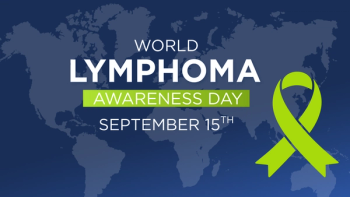
World Lymphoma Day highlights the rising prevalence of lymphoma and innovative treatments, emphasizing the role of pharmacists in patient care.
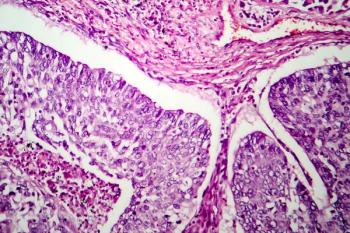
When combined with an anti–PD-L1 therapy, tarlatamab significantly improves overall survival in patients with extensive-stage small cell lung cancer (ES-SCLC).
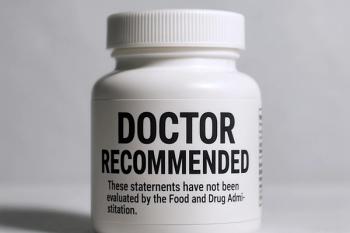
New FDA regulations are intended to enhance transparency in prescription drug advertising, empowering pharmacists to educate patients on medication risks and benefits.

A panel of 4 experts discussed the most favored nation (MFN) initiative and its impacts on research and development, market and payer distributions, and pharmacists and patients.

GLSI-100 shows promise in preventing HER2-positive breast cancer recurrence after standard therapy.

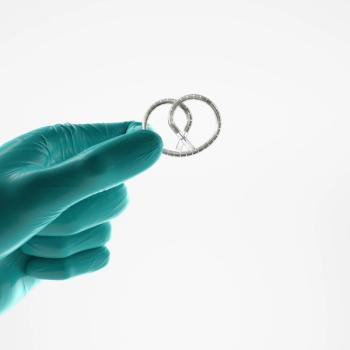
The FDA approves a groundbreaking gemcitabine system, offering new hope for patients with BCG-unresponsive bladder cancer.

The treatment was generally well-tolerated in patients with ROS1-positive (ROS1+) non–small cell lung cancer (NSCLC).

Legislative efforts aim to improve oncology medication access, addressing transportation barriers and advocating for mail delivery from cancer clinics.

Patritumab deruxtecan shows promising efficacy in HR+/HER2– metastatic breast cancer, meeting key trial end points and highlighting its potential for advanced treatment.

Experts discuss radon—the second leading cause of lung cancer.

Joshua K. Sabari, MD, highlights pharmacists’ roles in coordinating access, financial assistance, and early adverse effect management for patients starting zongertinib (Hernexeos).
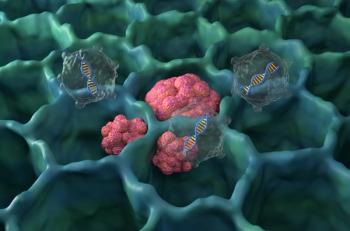
Joshua K. Sabari, MD, explains zongertinib’s (Hernexeos) favorable safety profile and quality-of-life benefits over intravenous antibody-drug conjugates in patients with HER2-mutated non-small cell lung cancer (NSCLC).
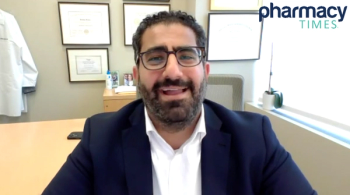
Joshua K. Sabari, MD, discusses how zongertinib’s inclusion in the National Comprehensive Care Network (NCCN) guidelines represents a game-changing second-line treatment for HER2-mutant non-small cell lung cancer (NSCLC).

New research uncovers how smoking accelerates pancreatic cancer progression through immune mechanisms, revealing potential for targeted therapies and improved screening.

The FDA designates olomorasib as a breakthrough therapy, enhancing treatment options for advanced non-small cell lung cancer (NSCLC) with KRAS G12C mutations.

Compared with docetaxel, adagrasib shows significant progression-free survival (PFS) benefits in patients with non–small cell lung cancer (NSCLC).

Zongertinib promises significant advancements in patient care.
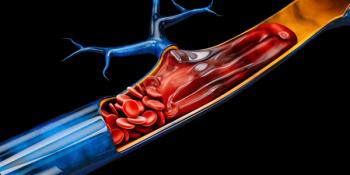
Reduced-dose apixaban maintains efficacy with less bleeding for extended CAT prophylaxis, reinforcing NCCN’s preexisting guidance in intermediate to high-risk cancer patients.
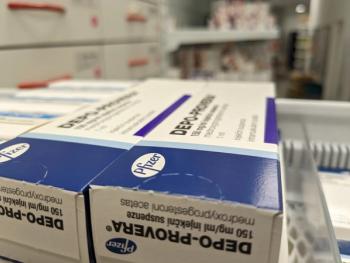
Women using depot medroxyprogesterone acetate face a significantly higher risk of meningioma, especially with long-term use or starting after age 31.
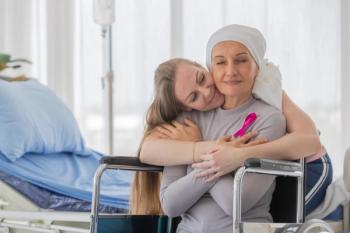
By targeting 2 chromatin complexes that jointly sustain ER‑driven transcription, this combination achieves superior suppression of tumor growth and gene expression.
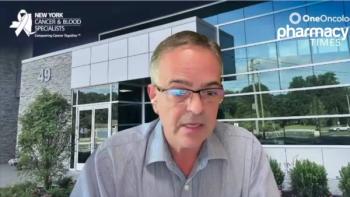
David Eagle, MD, Chair of Legislative Affairs and Patient Advocacy, explains how CMS’s ban on community oncology practices mailing medications creates inequities with PBMs and adds burdens for vulnerable cancer patients.

Moderate-to-severe TBI significantly increases the risk of malignant brain tumors, highlighting the need for long-term monitoring in survivors.

Abemaciclib significantly enhances overall survival in high-risk HR+, HER2- early breast cancer, establishing a new standard of care.

Subcutaneous bortezomib shows fewer adverse effects in multiple myeloma treatment compared with intravenous administration, enhancing patient outcomes.

Explore the impact of the Inflation Reduction Act on community oncology practices and discover how new legislation aims to protect patient access to care.
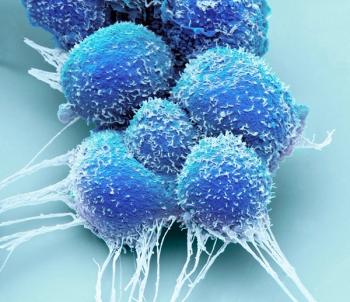
The FDA has approved a ready-to-use long-acting injectable formulation that is administered every 3 months as a treatment for advanced prostate cancer.
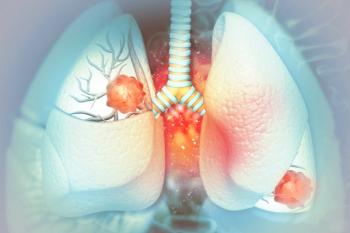
The action is supported by 3 ongoing clinical trials, which are evaluating izalontamab brengitecan (iza-bren) in non–small cell lung cancer (NSCLC) and other diseases.

Abemaciclib enhances overall survival in high-risk HR+, HER2– early breast cancer, establishing its role as a standard adjuvant therapy.